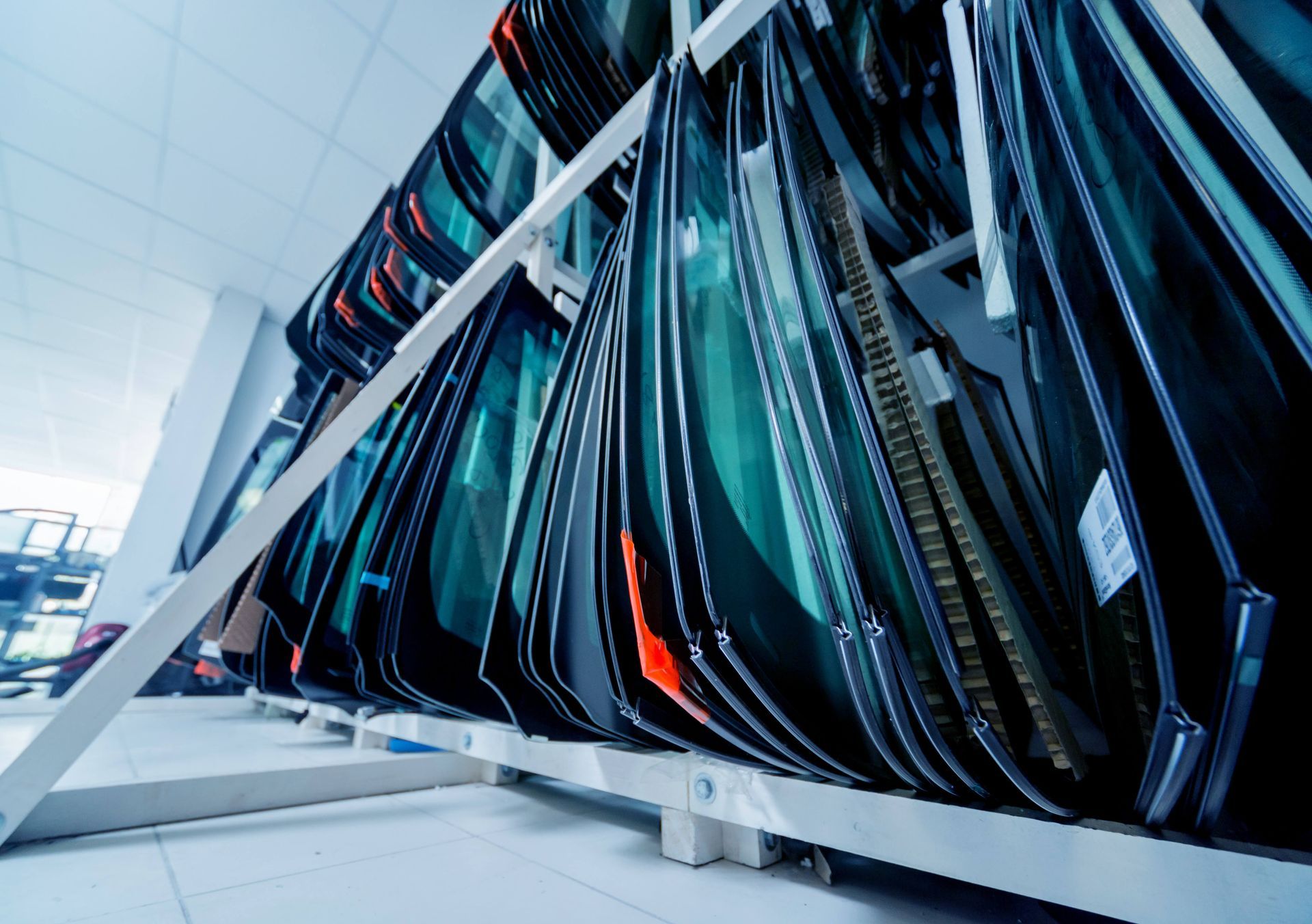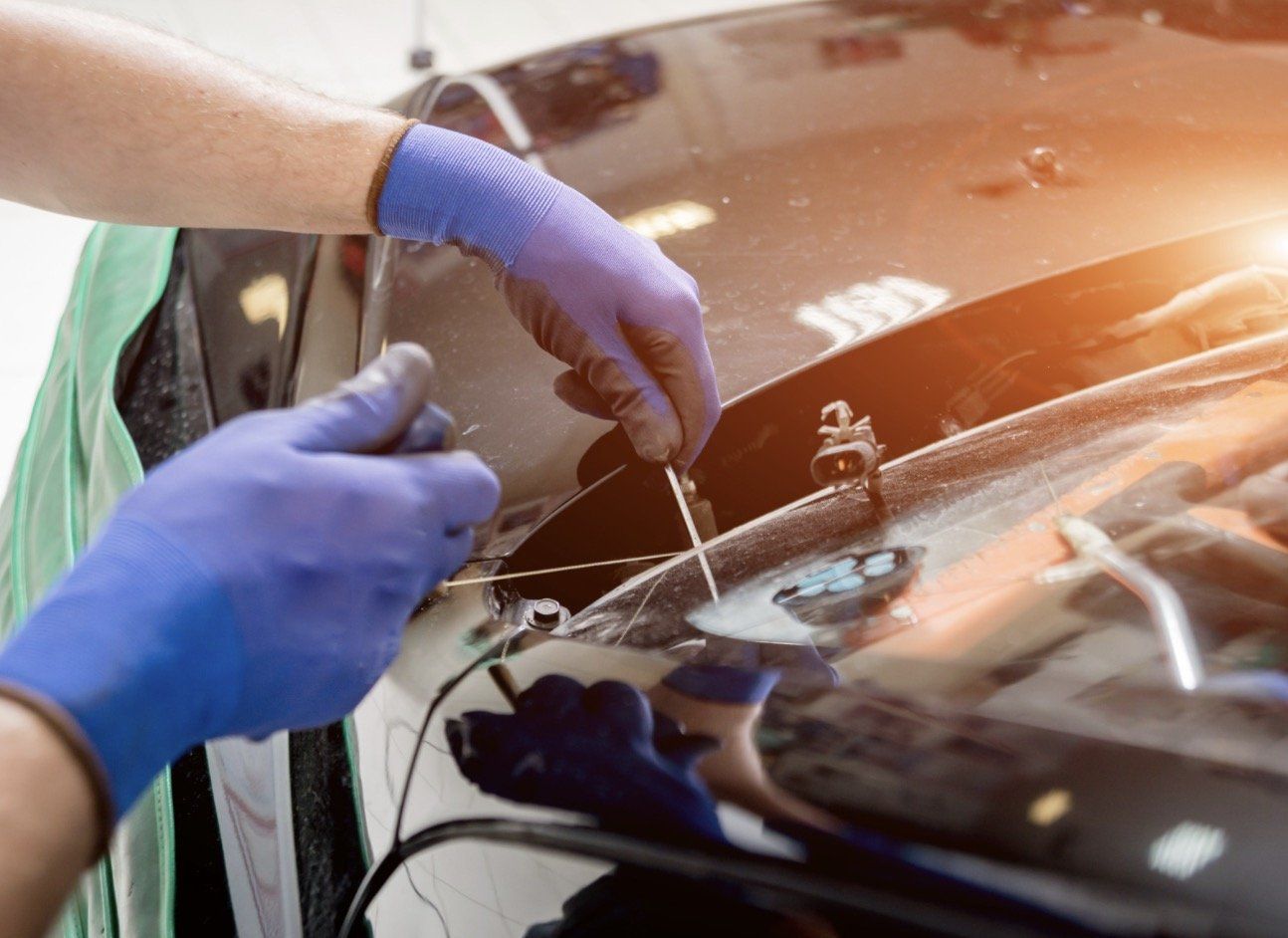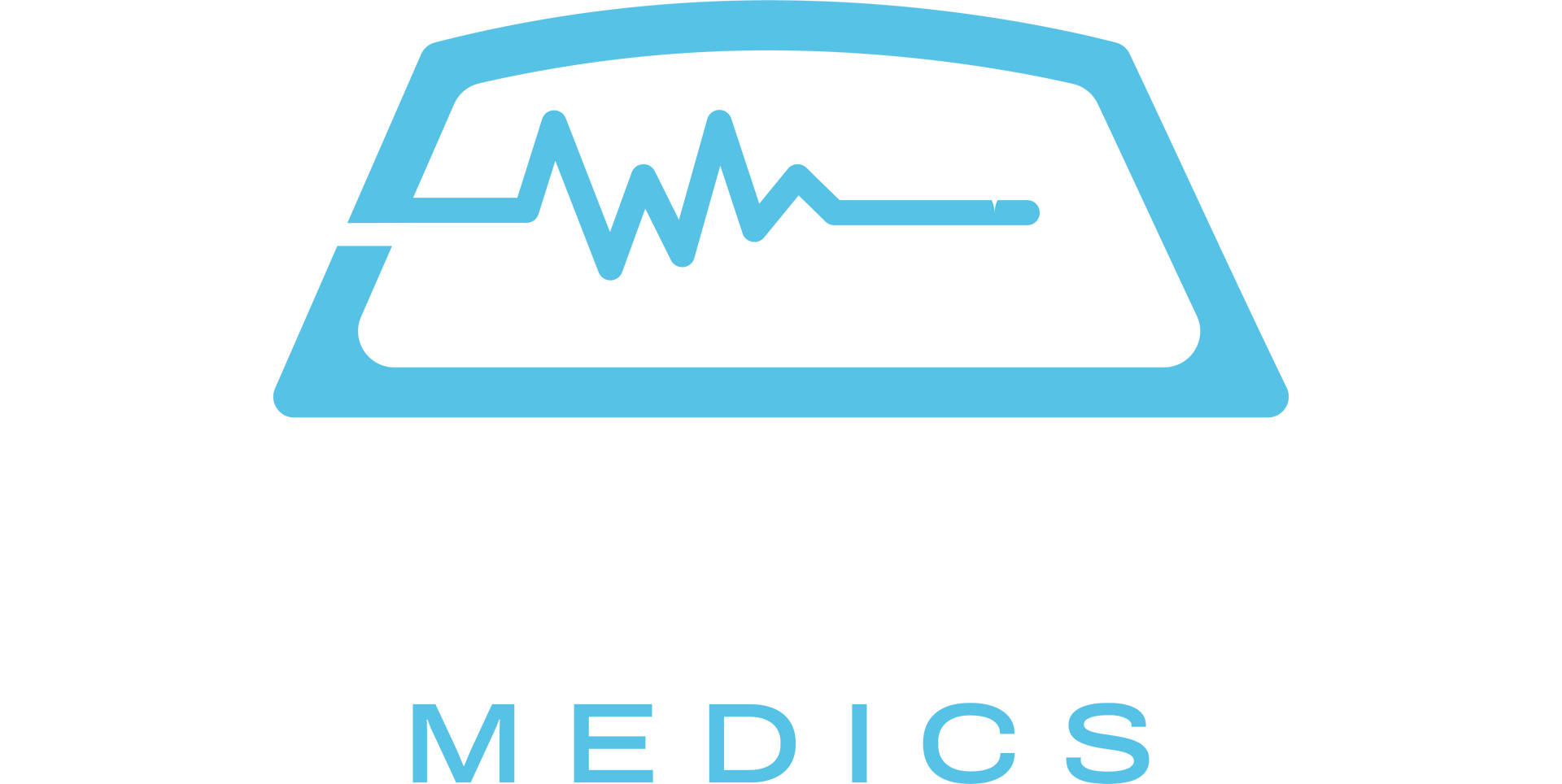Windscreen Maintenance for Commercial Fleets: Best Practices
In the world of commercial fleet management, the importance of windscreen maintenance is often underestimated. Yet, the condition of a vehicle's windscreen is a critical factor in ensuring safety, compliance, and operational efficiency. This article delves into the best practices for windscreen maintenance in commercial fleets, offering industry insights and practical advice.As you navigate the bustling roads, the windscreen of your vehicle is your first line of defense, a silent guardian that plays a crucial role in your safety. At Windscreen Medics, we believe that every driver should be equipped with knowledge about windscreen safety standards. This understanding is not just about compliance; it's about ensuring the utmost safety for you and your passengers.

The Importance of Windscreen Integrity
First and foremost, it's essential to understand the role of the windscreen. It's not just a piece of glass that keeps the wind and rain out; it's a critical safety component. A well-maintained windscreen provides clear visibility, structural integrity to the vehicle's cabin, and is an integral part of the airbag system. According to a study by the American Automobile Association, a compromised windscreen can significantly impair a driver's ability to see and react to road conditions.
Routine Inspections and Immediate Repairs
Regular inspections are the cornerstone of effective windscreen maintenance. Fleet managers should implement a routine check for chips, cracks, and other damages. These inspections should be part of the driver's daily pre-trip check. Small chips can quickly turn into large cracks, especially under the stress of heavy commercial use and varying weather conditions. Immediate repair of minor damages is not only cost-effective but also prevents the need for more extensive and expensive windscreen replacements.
Quality of Windscreen Repairs and Replacements
When repairs or replacements are necessary, quality should be non-negotiable. The use of substandard materials or improper installation techniques can compromise the windscreen's integrity. It's advisable to use original equipment manufacturer (OEM) glass or glass that meets OEM standards. Fleet managers should partner with reputable service providers who use high-quality materials and adhere to safety standards, including the Federal Motor Carrier Safety Administration (FMCSA) regulations.
Addressing Windscreen Distortion and Wiper Damage
Windscreen distortion, often caused by poor installation or substandard glass, can impair a driver's visibility. Regular checks for distortion should be part of the maintenance routine. Additionally, wiper blade maintenance is crucial as damaged or worn-out wipers can cause scratches and impair visibility during adverse weather conditions. Replacing wiper blades regularly and ensuring they are of the right type and size for the vehicle is essential.
Training Drivers on Windscreen Care
Educating drivers about the importance of windscreen care and maintenance is vital. Drivers should be trained to identify windscreen damages and understand the risks associated with driving with a damaged windscreen. They should also be aware of how their driving habits, such as following too closely behind other vehicles, can increase the risk of windscreen damage.
Leveraging Technology for Maintenance Tracking
Advancements in fleet management software offer valuable tools for tracking maintenance needs. These systems can alert fleet managers to scheduled inspections and necessary repairs. Incorporating windscreen maintenance into these systems ensures that no vehicle goes unchecked, enhancing the overall safety and compliance of the fleet.
The Role of Environmental Factors
Environmental factors play a significant role in windscreen maintenance. For instance, fleets operating in areas with extreme temperature fluctuations need to pay extra attention to windscreen care. Sudden temperature changes can exacerbate existing cracks. In such scenarios, ensuring that vehicles are parked in temperature-controlled environments can prolong windscreen life.
Insurance and Compliance Considerations
Windscreen maintenance is also tied to insurance and compliance. A damaged windscreen can lead to failed inspections, fines, and increased liability in the event of an accident. Ensuring windscreen integrity is part of complying with safety standards and can also positively impact insurance premiums.
Conclusion
In conclusion, effective windscreen maintenance is critical for the safety, efficiency, and compliance of commercial fleets. By implementing routine inspections, ensuring quality repairs, educating drivers, leveraging technology, and considering environmental factors, fleet managers can maintain windscreen integrity. This not only enhances safety but also contributes to the overall operational success of the fleet. Remember, a clear view through the windscreen is more than just about visibility; it's about keeping the roads safe for everyone.
Categories
Auto Glass Experts











